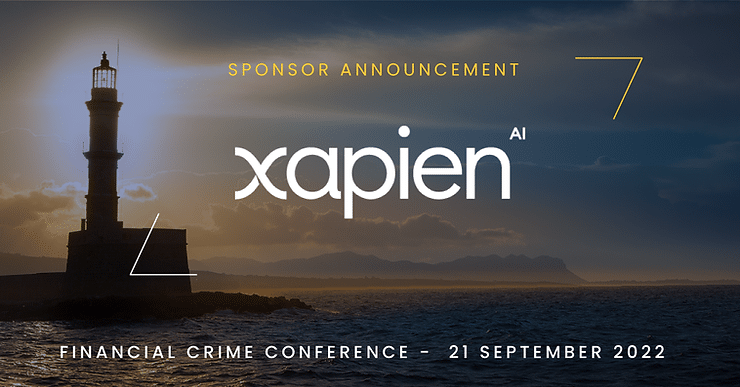The second panel of the day at Avyse Partners‘ Financial Crime Conference looked at the continually evolving sanctions landscape and challenges this poses to organisations across the board. Helping firms manage their sanctions risks is part of our bread and butter at Xapien, so were keen to listen in and here were our takeaways:
How can firms ensure complete sanctions coverage, whilst at the same time being nimble enough to pivot on a daily basis?
Automation is critical, but John Bedford, Partner at Dechert LLP highlighted the critical importance of companies understanding what their individual risks are, rather than applying any kind of blanket approach. This was backed up by Arjun Ahluwalia, Trade and ESG Compliance Lead at Shell. Arjun gave a concrete example: a firm might ensure that they comply with the US OFAC sanctions, assuming that these are the most severe and aligned wit their corporate values. However they then the wouldn’t be compliant with various Libyan sanctions which are imposed by European, British, Australian and other governments, but not the US.
Firms need a regularly updated global monitoring solution. At Xapien, we tried out lots of different providers and decided to integrate ComplyAdvantage into our platform. ComplyAdvantage collect real time data from global sanctions lists. This means you can be comprehensive and nimble in your sanctions compliance.
With sanctions compliance being absolute, how can firms practically adopt a risk based approach to sanctions compliance?
Arjun from Shell, did a great job of placing sanctions compliance in real, practical context. Shell are exposed to far more risks than pure sanctions and compliance risks, so when taking a “risk based approach” they must manage their risk exposure in the round. When dealing with oil cargo travelling across seas, Shell must consider health & safety, piracy, natural disasters etc.
Arjun said it was helpful to think of counterparty risk within the context of the broader customer lifecycle. open source enhanced due diligence, and financial crime risks assessments should come first – before a meeting is held with a counterparty. This prevents against wasting time and money engaging with counter-parties that turn out to be the wrong fit for your company.
By running open source enhanced due diligence checks upfront, businesses can go in with their eyes wide open. This mitigates reputational, financial, regulatory and operational risks. It enables each risk raised in the due diligence process to be addressed and mitigated early on. If done correctly, it also has the added benefit of providing sales and business development teams with critical insights about the individual or entity that they are meeting, which can be used to drive the business case forward.
For example, by running an automated Xapien open-source enhanced due diligence report, a company finds any risk that a counter-party poses, but also deeper insights about associates, affiliations, history and structure. It takes just 5-10 minutes to run a report and get these insights. Find out more about how the system works on this page.
How can firms ensure that their automated solution is delivering value add results?
Understanding your individual risk exposure as a company is step 1, and configuring your automated solution to fit this is critical. But can you explain to the regulator what your process looks like and why? What happens if there is an error?
Technology is useless if you don’t understand it. Far too many companies are keen to jump on the AI and automation bandwagon, without really understanding what AI is and how it can help solve their problems. AI’s most important value is that it can do the heavy lifting for you. But you still have to make the decisions, and justify them to your stakeholders. Unless your automated tool delivers you a product that you can make sense of then you’ll spend just as much time trying to figure out what it has done as you would have done doing the work yourself.
At Xapien transparency and good User Interface (UI) are central to what we do. We want to make it as simple as possible not only to run due diligence checks, but also to understand due diligence reports – where they came from and what they mean. All you have to do is decide what to do about it.
Book a demo now to find out more about Xapien.



